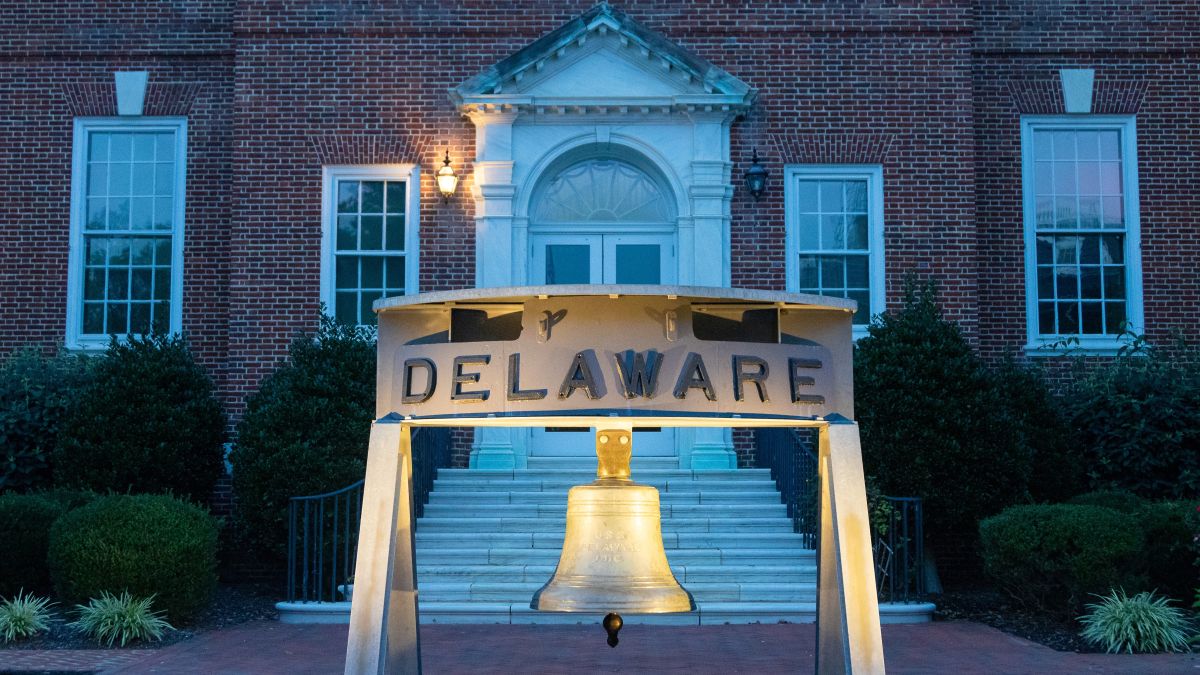Delaware Lawmakers Approve Polarizing Overhaul of Corporate Statute

For a state small in population and size, Delaware has surprisingly many claims to fame. Known as “The First State” for ratifying the U.S. Constitution before the others in 1787, former President Joe Biden and his family have called Delaware home for decades. Like many residents of the mid-Atlantic states, they summer at Rehoboth Beach, one of the popular vacation spots on the Delaware shore.
But Delaware may be best known as the “preeminent place” for businesses to incorporate since the early 1900s. Thanks to the allure of flexible corporate laws and a unique Court of Chancery, roughly 1.3 million legal entities, including more than half of the country’s Fortune 500 companies, have put their headquarters there.
Delaware’s business-friendly reputation has been good for the state’s bottom line, too, significantly contributing to its infrastructure, public school system, and other amenities that serve the population. So, it comes as little surprise that concerns about state laws from business leaders such as Tesla chief executive Elon Musk might prompt some First State lawmakers to respond. (Readers of this blog will recall that Musk is locked in an ongoing battle with the Delaware courts over an enormous compensation award.) Some companies, such as Meta, are evaluating the possibility of relocating and setting up their headquarters elsewhere. For example, the board of Sonoma Pharmaceuticals filed a proxy statement last year recommending the company reincorporate in Nevada to take advantage of a more favorable legal environment.
A group of state politicians have made a legislative response aimed at preserving Delaware’s relationship with corporate America. They’ve passed a law intended to correct the perception that state law has become more favorable to shareholders than to corporate boards of directors. The Delaware Senate unanimously passed the bill (Senate Bill 21) on March 13, and the state House of Representatives passed it yesterday.
The new legislation offers boards the ability to gain safe harbor protection for directors and controlling shareholders when it comes to transactions that pose potential conflicts. Additionally, it affects the ability of shareholders to access corporate records.
And how do voters in Delaware feel about its favored-nation status among big business? Some observers suggest that the timing of Senate Bill 21 may not have been ideal. You could make the case that Musk’s media presence and much-discussed project to slash government spending are affecting the public’s view of C-suites overall. In fact, opponents of the bill put Musk front and center in their campaign to block Senate Bill 21.
Even in the absence of the new law, other states trying to lure away companies—including Nevada and Texas—probably wouldn’t replace Delaware as the incorporation state of choice any time soon. Other jurisdictions will need to establish stronger pro-business track records before companies opt to flee a state with such a long history as a corporate haven. However, the fact that government leaders have already defended Delaware’s status speaks volumes about the threat posed by a corporate diaspora.



